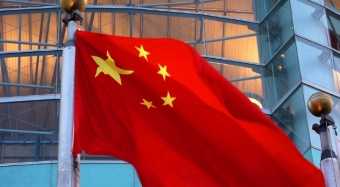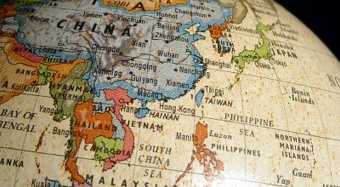Israel and Canada announced that negotiations toward an expanded and modernized Canada-Israel Free Trade Agreement (CIFTA) have concluded.
The change will improve and increase the bilateral free-trade agreement and boost both state’s economies, an agreement held since January of 1997.
According to media reports, revisions in the agreements will increase Canadian investment in Israel, reduce business transaction costs and work towards eliminating Israeli tariffs on many products.
The modernized CIFTA will notably provide expanded market access opportunities for agricultural, fish and seafood products through the reduction or elimination of Israeli tariffs on a large number of products, and duty-free access under tariff rate quotas for certain products, including chickpeas, frozen vegetables, frozen French fries, apples, wine and shrimp.
Four existing areas of the current CIFTA have been modernized, namely market access for goods, rules of origin, institutional provisions, and dispute settlement, according to the statement. In addition, seven new chapters have been included in the areas of trade facilitation, sanitary and phytosanitary measures, technical barriers to trade, intellectual property, electronic commerce, labor, and environment.
Canada and Israel will now undertake a legal review of the Agreement text to ensure clarity, accuracy and consistency. This is also referred to as the “legal scrub”. The text will then be translated into French and Hebrew.
The legal scrub and translation process for the modernized CIFTA will be done on a priority basis, but will nevertheless take a number of months to complete. Exports between the two countries have more than tripled to $1.6 billion in less than two decades.






